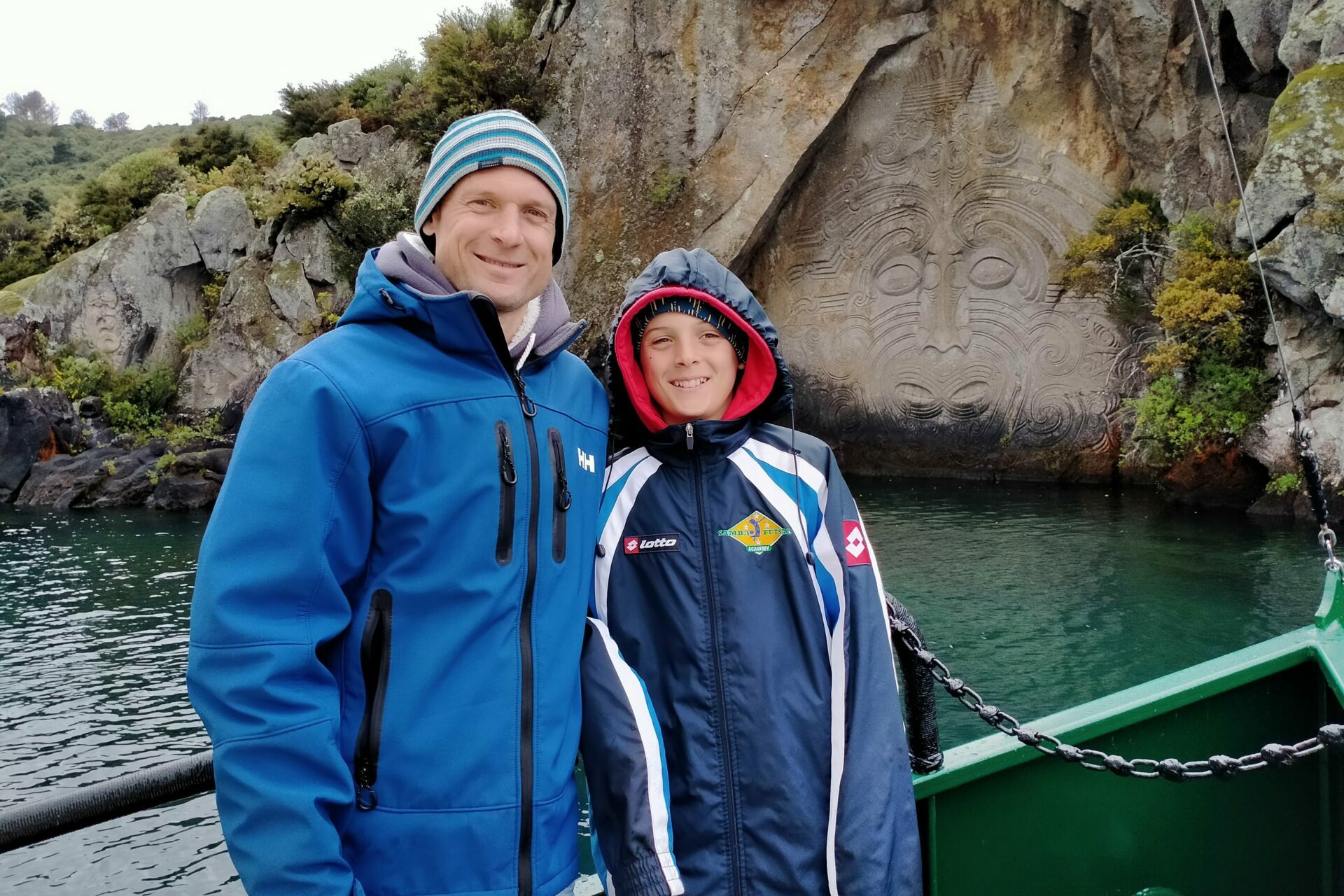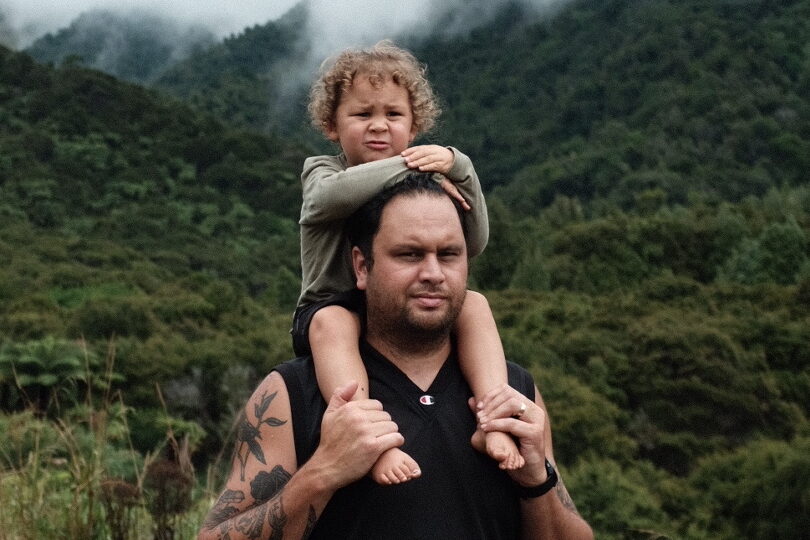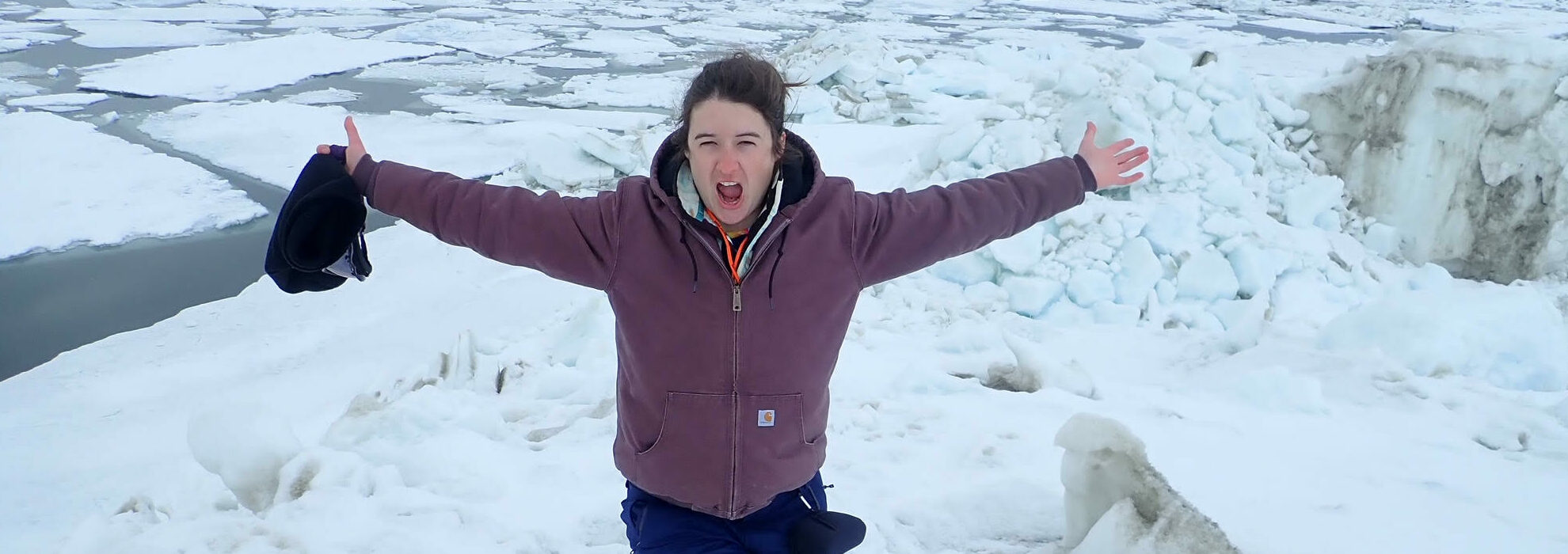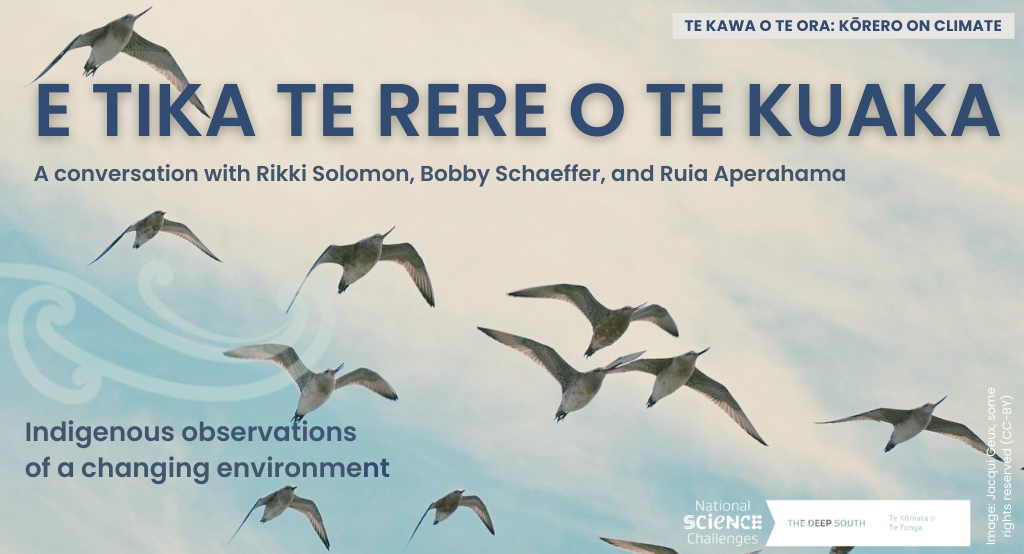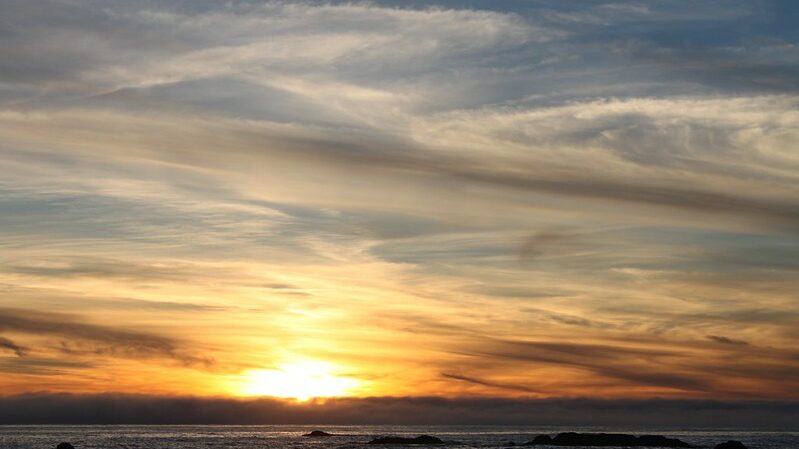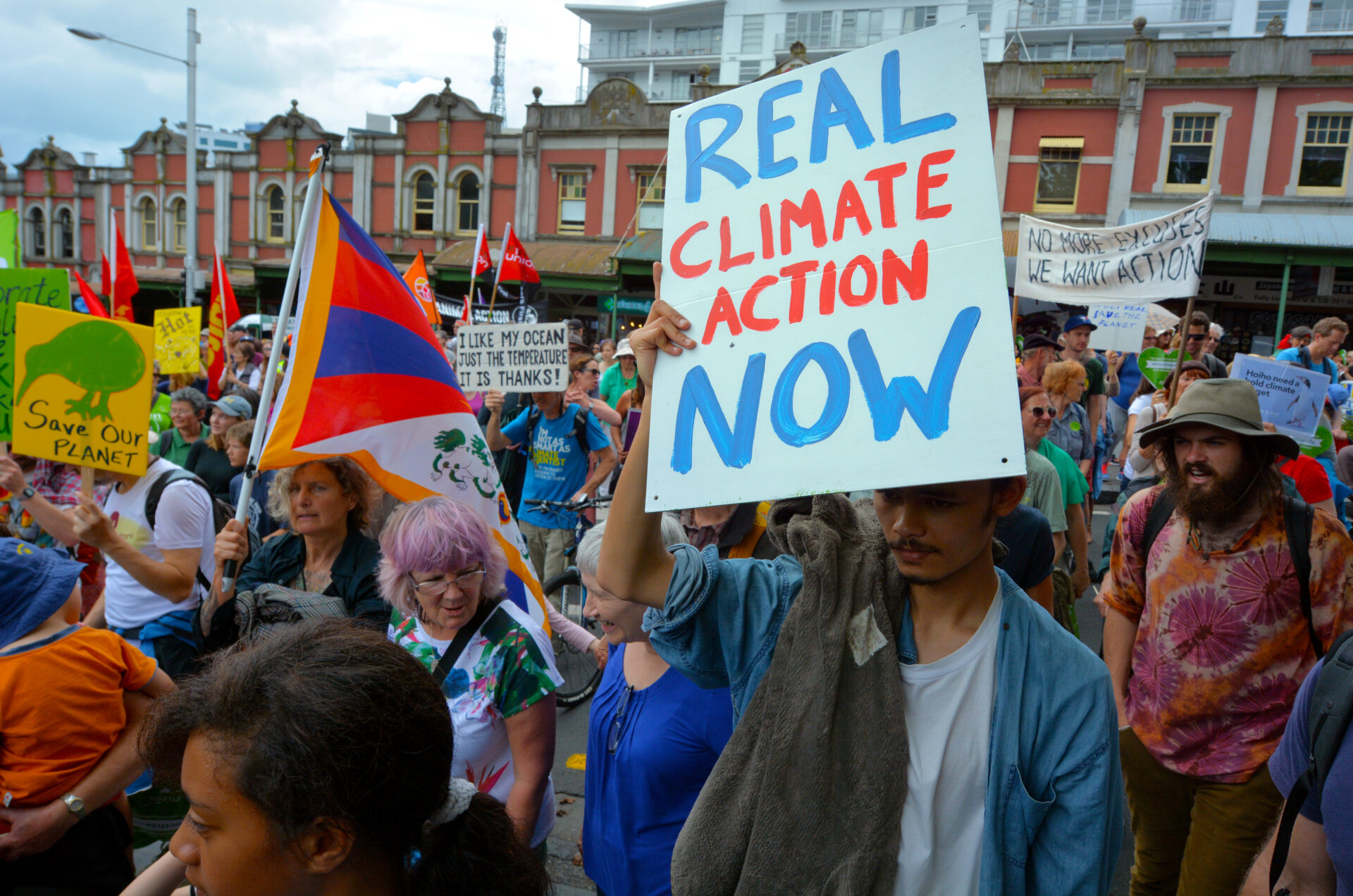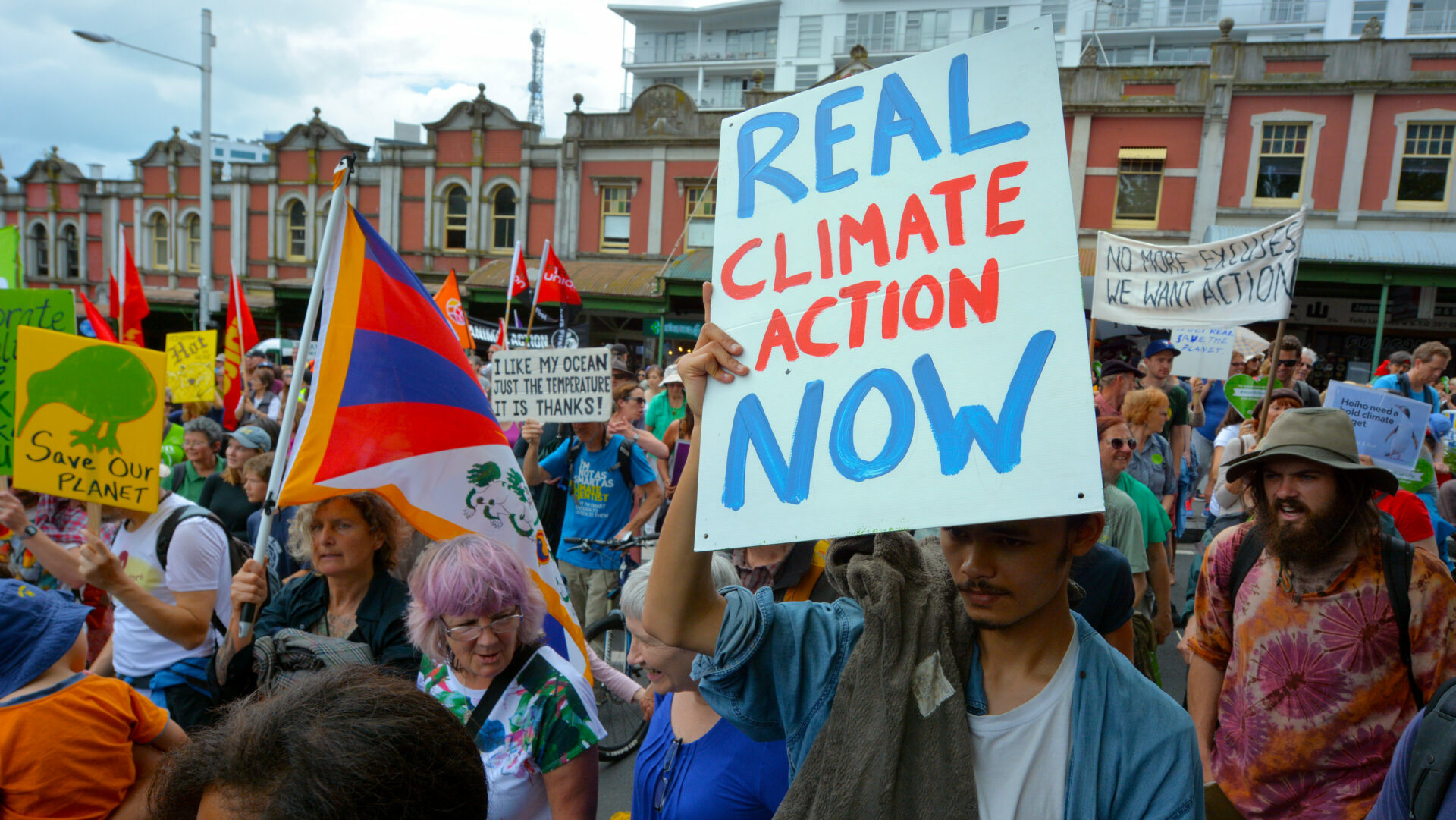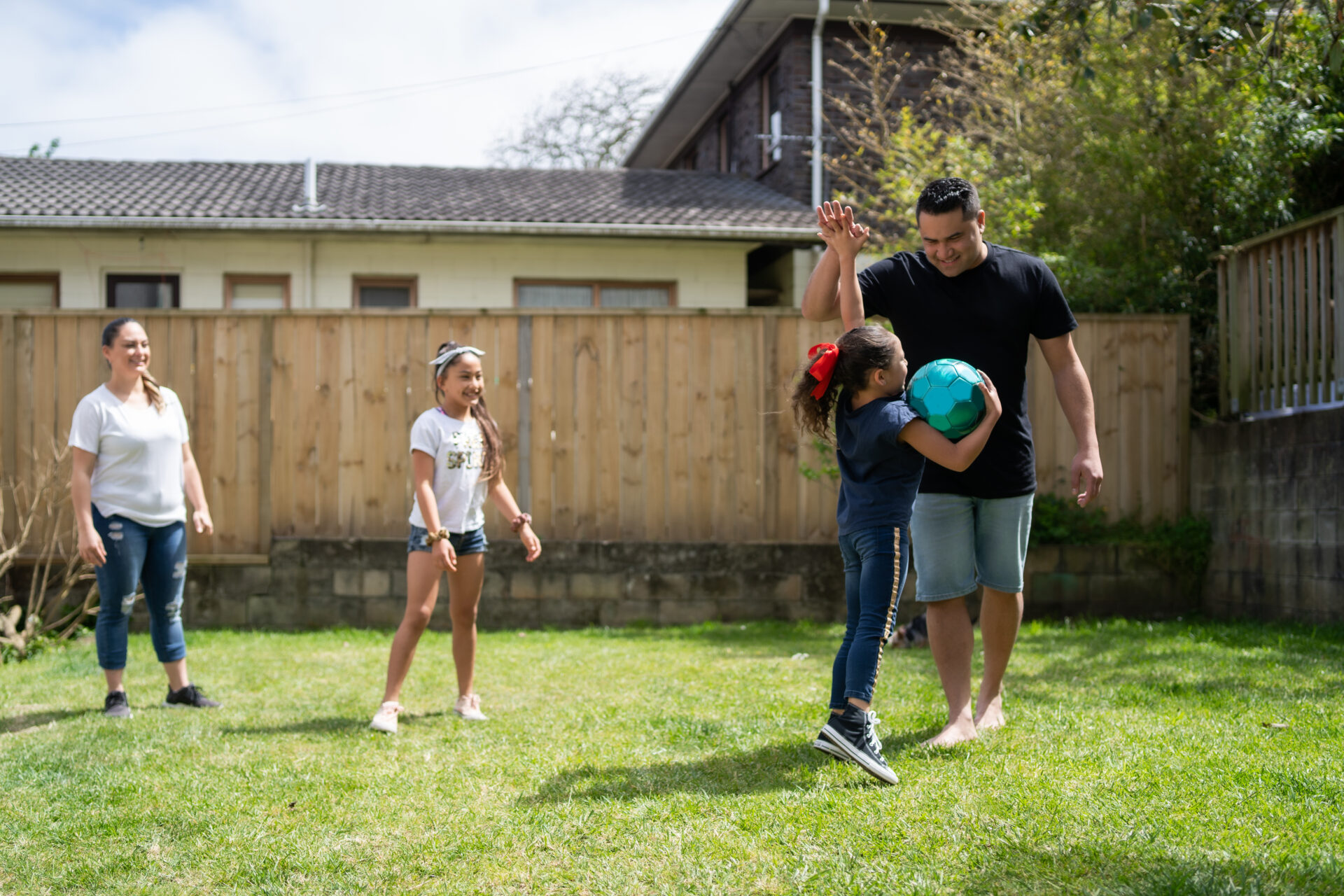We have put together a snap shot of research programmes and agencies that might be relevant to our researchers.
Where there are specific research themes dedicated to Kaupapa Māori research, these have been identified.
Five-year research programmes
The Moana project (Oct 2018 – Sep 2023) aims to improve understanding of coastal ocean circulation, connectivity and marine heatwaves to produce information that supports sustainable growth of the seafood industry, iwi initiatives and how we manage our marine environments. Summary information here.
- He Papa Moana brings ocean modelling, kaimoana connectivity and iwi aspirations to help further iwi interests and marine management within a cross-cultural ocean knowledge platform. This research explores traditional waka voyaging and mātauranga relating to changes in ocean temperatures as well as the effects of a changing climate on Māori fisheries.
Whakahura: Extreme events and the emergence of climate change (Oct 2019 – Sep 2024) aims to improve understanding of how and why extreme weather has affected New Zealand in the 20th century, and to develop new tools to improve the forecasting of extreme weather events in the next four decades.
- Vision Mātauranga in Whakahura aims to improve understanding of damage through a hauora/oranga (wellbeing/livelihood) lens, so that policies can be developed that consider the interests of iwi and hapū.
Future Coasts Aotearoa (2021 – Sep 2026) will develop the evidence-base for sea-level rise risks (focussed on wetlands, estuaries, and coastal farms), develop tools to evaluate well-being in the context of coastal risks, and integrate this into a decision-making framework that brings together social, cultural, economic and natural systems.
Mā te haumaru ō nga puna wai ō Rākaihautū ka ora mo ake tonu: Increasing flood resilience across Aotearoa (Oct 2020 – Sep 2025) is developing a system to consistently map flood hazards across Aotearoa, and look at how flood risk may change over the next 100 years. The programme will also investigate flood risk to the built environment, and how floods impact our communities and social systems.
Tangata Whenua Tangata Ora (2019 – 2024) will investigate whenua initiatives that aim to produce health gains, by exploring health models and initiatives informed by Kaupapa Māori understandings of interrelated health determinants and guiding local, co-created projects developing deeper understandings of reconnecting people to whenua and place as a conceptual and practical way of producing Māori health gains.
National Science Challenges (ending June 2024)
Of the 11 National Science Challenges, we have listed those that may be relevant to your climate change research. You can find a full list of the National Science Challenges here.
Resilience to Nature’s Challenges focusses on resilience to natural hazards, such as volcanic eruption, tsunami, sea-level rise and coastal erosion, and extreme weather and fire.
- Whanake te Kura i Tawhiti Nui aims to increase the visibility, understanding and transformational potential of mātauranga Māori in natural hazard research and resilience.
Sustainable Seas focusses on improving marine resource decision-making and the health of our seas through holistic, ecosystem-based management, and transforming New Zealand’s ability to enhance our marine economy into a blue economy.
- Tangaroa research theme centres and is led by Māori, and explores ecosystem-based management that is founded on and informed by mātauranga and tikanga Māori.
Our Land and Water aims to enhance the production and productivity of New Zealand’s primary sector, while maintaining and improving the quality of the country’s land and water for future generations. (An improved Our Land and Water website is currently in development, to enable easier access to research projects and outputs.)
Building Better Homes, Towns and Cities’s objective is to improve the quality and supply of housing and create smart and attractive urban environments.
- Kāinga Tahi, Kāinga Rua this research area will deliver solutions for how we collaboratively finance, design, and build developments, with buy-in from multiple stakeholders, to overcome discriminatory policy and legislative barriers, to actively support Māori aspirations for long-term, affordable, and healthy housing that meets the needs of their communities. We also focus on Māori wellbeing and housing for those whānau who are homeless.
New Zealand’s Biological Heritage aims to help New Zealanders protect our precious environment, contribute to world-class biosecurity, and create a resilient, thriving environment. Mātauranga Māori and Te Ao Māori is embedded throughout the Challenge.
Centres of Research Excellence
Coastal People Southern Skies focusses on the changes resulting from ocean warming and acidification, sea-level rise, and climate change. Research responds to the decline in culture, local economy, and well-being of coastal people in New Zealand and across the Pacific.
Ngā Pae o te Maramatanga is New Zealand’s Māori Centre of Research Excellence and supports research under the themes of Whai Rawa (The Māori Economy), Te Tai Ao (The Natural Environment), Mauri Ora (Human Flourishing) and Te Reo me Ngā Tikanga Māori.
